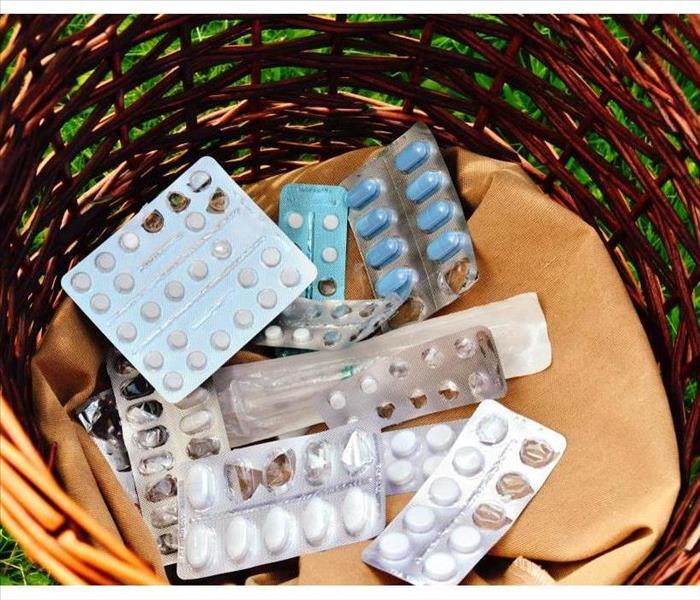What To Throw Out After a Fire
7/5/2021 (Permalink)
What To Throw Away After a Residential Fire
A fire can damage contents that are not directly burned. Items in surrounding areas may be exposed to high heat, soot and smoke. This exposure can destabilize medicine, personal care products and food items. Learn more about what to throw away and replace after residential fire in Shoreline, WA.
Health and Body Care Products
Medications have a safe temperature range printed on the labeling. Many personal care products are also formulated for maximum effectiveness at normal temperatures. Exposure to intense heat or smoke can destabilize any of the following items:
- Medication
- Body wash
- Cosmetics
- Haircare products
- Lotions
Anything intended to be ingested or applied to the skin or hair should not be contaminated with compounds found in soot or smoke. These contaminants may result in irritation or exposure to chemicals that are otherwise removed during cleanup and restoration. Excessive heat can also render medicines and beauty products less effective.
Open or Bagged Food
It is important to throw away any food items that could be contaminated with soot, smoke, or destabilized by heat. This is particularly the case with the following items:
- Food stored in containers or bags
- Pet food stored in bags or containers
- Cans exposed to high heat
Cans that were not exposed to very high temperatures may be kept. Remove the label and write the contents on the can in a permanent marker.
Damaged or Porous Items
Any charred or burned items will probably not benefit from cleaning. Fire causes chemical changes that will continue to pose a contamination risk. It is particularly important to dispose of items that make direct contact with skin or food, such as bedding, clothing, cutting boards, dishware, or cups.
All of these contents are likely to contain the toxic residues of a fire. Fire damage restoration experts can identify items to throw away and other contents that may benefit from cleaning.






 24/7 Emergency Service
24/7 Emergency Service
